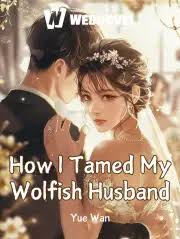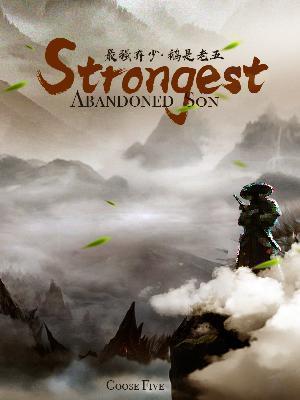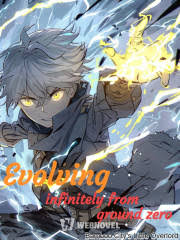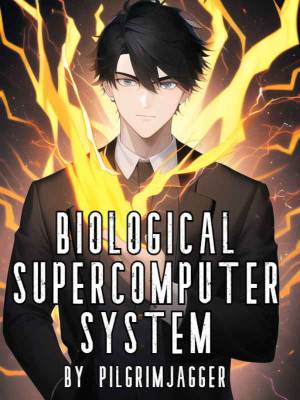The Story in 3 Sentences
A modern woman, Li Qiao, awakens in the 1980s as the reluctant bride of Qin Jin, a man dismissed by everyone as a village ruffian with no future.
Her quiet determination to build a life slowly transforms their relationship, revealing his hidden depths and ambition as he rises from poverty to immense wealth and power.
Facing the relentless sabotage of her reborn stepsister, Li Qiao’s journey becomes one of taming not just a “wolfish” husband, but also her own destiny in a rapidly changing era.
Why It Stands Out
1. The Unlikely Power Couple Dynamic
It flips the script on the helpless transmigrator trope. Li Qiao isn’t waiting for rescue; she’s strategically building a partnership. Her intelligence and quiet resilience perfectly complement Qin Jin’s raw, protective strength and hidden business acumen. Their growth is symbiotic, making their eventual success feel earned and deeply satisfying.
2. Grandma Qin: The Secret Weapon
Old Mrs. Qin isn’t just comic relief; she’s the emotional anchor and a force of nature. Her unwavering, often hilariously blunt, support for Li Qiao against her own grandson and the wider village provides heart and a unique generational dynamic. She embodies the warmth and grit of family, making the domestic scenes as compelling as the business rise.
3. Nostalgia Meets Modern Romance
The novel masterfully uses its 1980s Chinese setting not just as a backdrop, but as a character. The scarcity, the social shifts, and the specific cultural details ground the fantastical transmigration element. It creates a unique tension where modern sensibilities clash with and adapt to a bygone era, making the central romance feel both timeless and distinctly period-specific.
Characters That Leave a Mark
There’s Old Mrs. Qin – the formidable matriarch whose bad back doesn’t stop her from shouting down anyone who disrespects her granddaughter-in-law, offering a blend of tough love and unwavering loyalty that steals every scene she’s in.
You’ll meet Liu Lanlan, who serves as the primary antagonist. As the reborn stepsister, she is obsessed with usurping Li Qiao’s position, constantly whispering poison about Qin Jin’s supposed failings, her envy driving much of the novel’s interpersonal conflict.
And Peng Chunhua? They’re the one who initially underestimates Li Qiao, assuming her marriage to Qin Jin is a sign of defeat, representing the skeptical village gossip that Li Qiao must constantly prove wrong.
The Flaws Fans Debate
The antagonists, particularly the stepsister, can feel cartoonishly persistent, their hatred bordering on the unrealistic as they refuse to give up despite repeated, humiliating failures.
The narrative sometimes prioritizes the sweet, romantic progression over deeper exploration of the complex socio-economic changes happening in 1980s China, which some readers feel is a missed opportunity.
The sheer speed and scale of Qin Jin’s transformation from village nobody to tycoon, while satisfying, can stretch believability for readers seeking a more grounded, step-by-step depiction of business success.
Must-Experience Arcs
Ch. 1–50: The Reluctant Bride and the Village Ruffian – Li Qiao adjusts to her new life, navigating poverty and village scorn while forming an uneasy truce with Qin Jin, whose rough exterior hides surprising moments of consideration.
Ch. 150–250: Seeds of Ambition and Rising Tensions – Qin Jin begins his entrepreneurial journey, supported by Li Qiao’s quiet intelligence, while Liu Lanlan’s schemes escalate, forcing the couple to unite against external threats and solidify their bond.
Ch. 400–471: The Tycoon and His Lady – The couple reaches the pinnacle of success, but old enemies make one final, desperate play. This arc focuses on protecting their hard-won life and legacy, showcasing how far they’ve come and the strength of their partnership.
Killer Quotes
“He says he can annoy me to death.”
“He says one child is not enough to split up over, unless we have another one.”
Cultural Impact
It’s a staple recommendation in online forums for readers seeking a satisfying, completed transmigration romance with a strong, non-magical female lead.
Fans frequently meme Old Mrs. Qin’s iconic lines, particularly her threats to defend Li Qiao, turning her into a beloved internet grandmother figure.
Its popularity on platforms like Webnovel, with high ratings and thousands of reader reviews, cemented its status as a modern classic within the “Return to the 80s” subgenre.
Final Verdict
Start Here If You Want:
A heartwarming, completed romance where the leads grow together and win against all odds.
A nostalgic trip to 1980s China with a focus on domestic life and entrepreneurial hustle.
A story with a fiercely loyal and hilarious grandmother character who steals the show.
Study If You Love:
The nuanced portrayal of gender roles and economic mobility during China’s Reform and Opening-Up period, viewed through a fictional, character-driven lens.
The evolution of the “wolfish male lead” trope in webnovels, moving from purely domineering to a more complex, partner-driven protector.
How transmigration narratives can be used to explore themes of agency and self-determination without relying on supernatural cheat systems.
Avoid If You Prefer:
Stories where antagonists are multi-dimensional and their motivations are explored with depth and nuance.
Plots that delve deeply into the gritty, systemic challenges of historical periods rather than using them as a romanticized backdrop.
Narratives where the male lead’s success is achieved through slow, realistic, and meticulously detailed business strategies.





